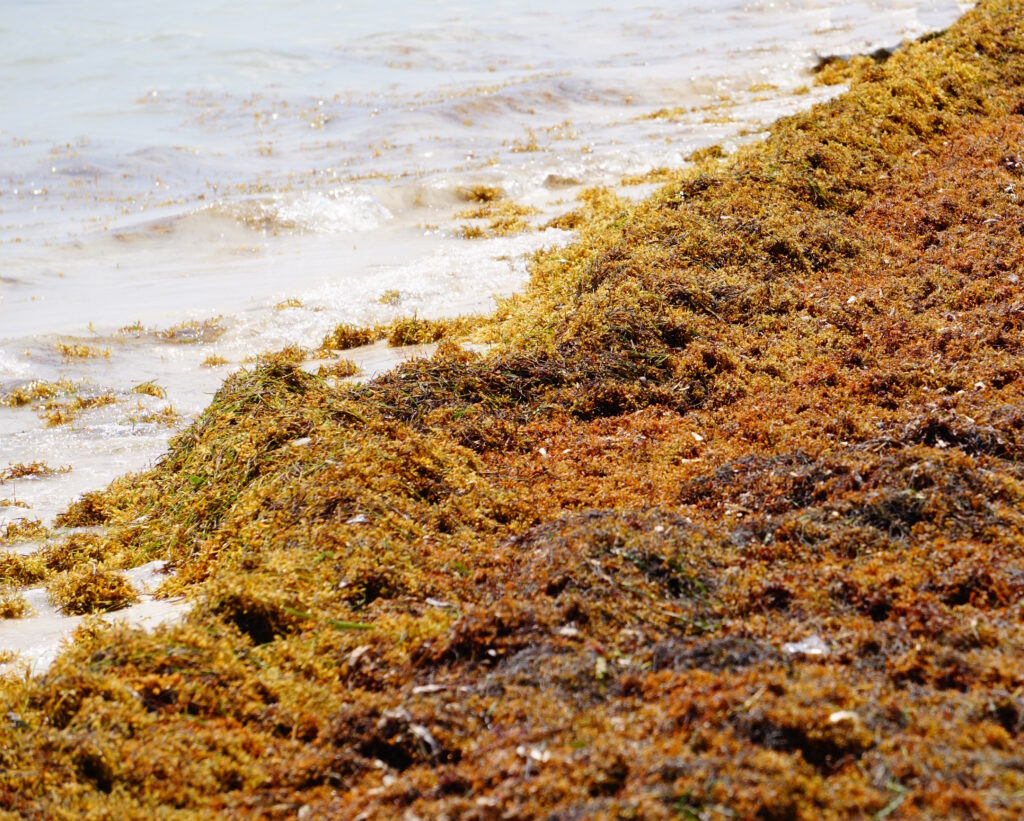
In an effort to address the challenges posed by massive accumulations of Sargassum on the coast of Puerto Rico, the Department of Natural and Environmental Resources (DRNA) has recently unveiled its final management protocol. A key decision in the protocol is the formal exclusion of Sargassum use for agricultural or human consumption purposes, including composting. This decision, based on studies conducted in other countries, highlights the presence of heavy metals such as arsenic and cadmium in soils fertilized by Sargassum.
Ricardo Colón Rivera, technical advisor of the Bureau of Protected Natural Areas of the DRNA, emphasized that Sargassum is currently only considered for industrial uses or as raw material for other applications. Practices such as agricultural use, livestock feed, or composting are explicitly discouraged in the new protocol for reasons of public health safety.
The protocol requires that if Sargassum must be stored before disposal, it must be done on an impermeable surface to prevent harmful leachates. The collected materials are then directed to appropriate landfills for treatment, where their use as cover material for other waste may be encouraged.

In addition to this crucial change in Sargassum management, the DRNA recently conducted a series of internal training sessions for its staff to effectively implement the new protocol. Furthermore, guidelines will soon be launched for coastal municipalities and non-profit environmental organizations to help align with these new directives.
While the last Sargassum management protocol dates back to 2015, major revisions have been made to make the new document more comprehensive and adaptable to current challenges. Colón Rivera emphasized that the goal is to improve coordination efforts between different regions.
The new action plan, integrated into the protocol, consists of four key steps: preparation, notice and notification to the DRNA, evaluation, and response. These steps aim to ensure a quick and coordinated response to any excessive accumulation of Sargassum, while allowing for active participation of citizens and affected communities.
As the DRNA strives to address the Sargassum issue, Colón Rivera highlighted that the action plan is subject to future adjustments to meet changing needs. He also emphasized the importance of continued engagement from all stakeholders in managing this persistent challenge.
In conclusion, the new Sargassum management protocol in Puerto Rico reflects a proactive and determined approach to tackling this complex environmental issue. By focusing on the rejection of Sargassum use as fertilizer, the DRNA demonstrates its commitment to protecting public health and the local ecosystem.
